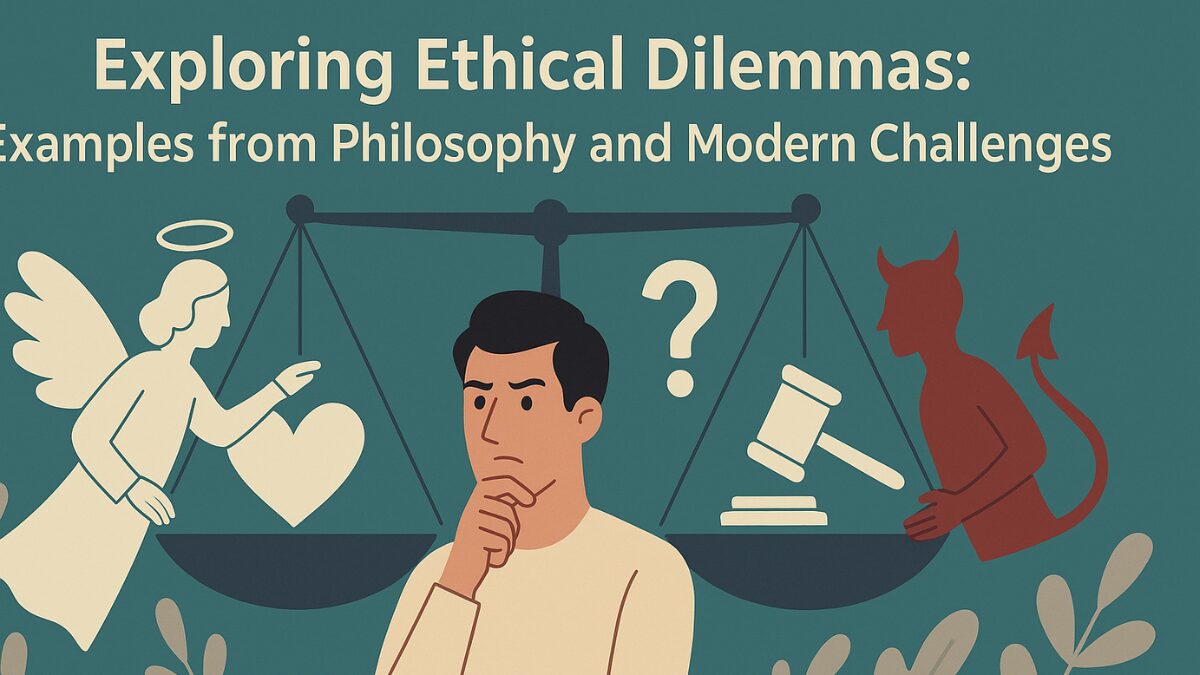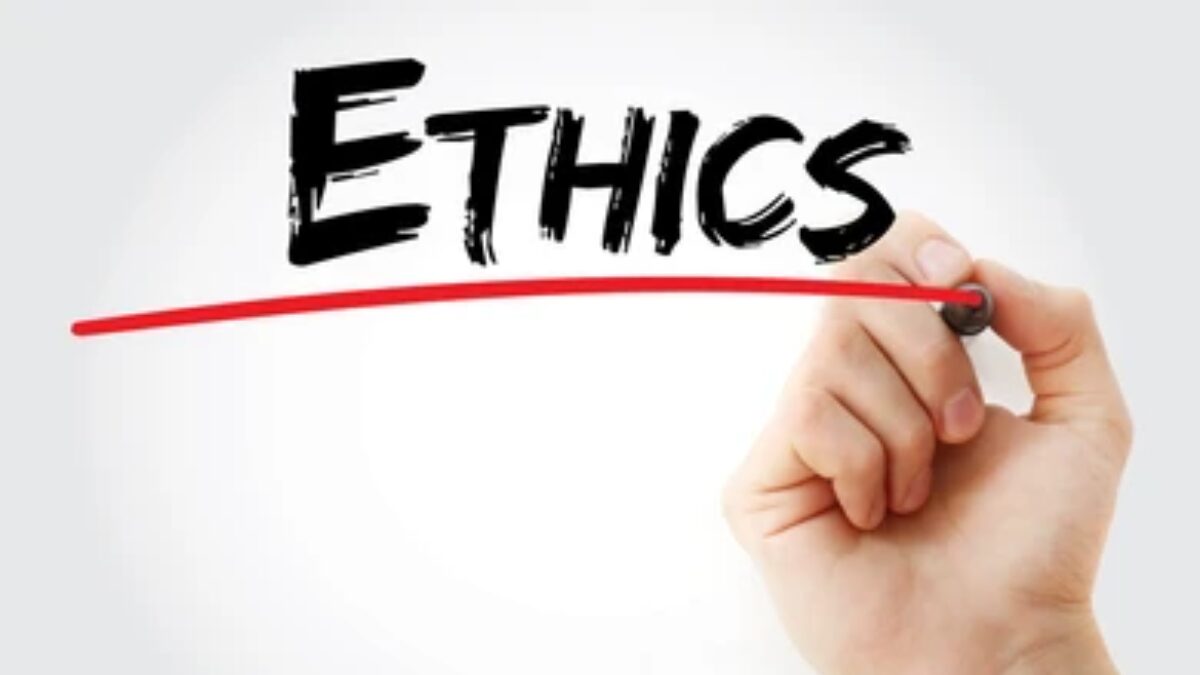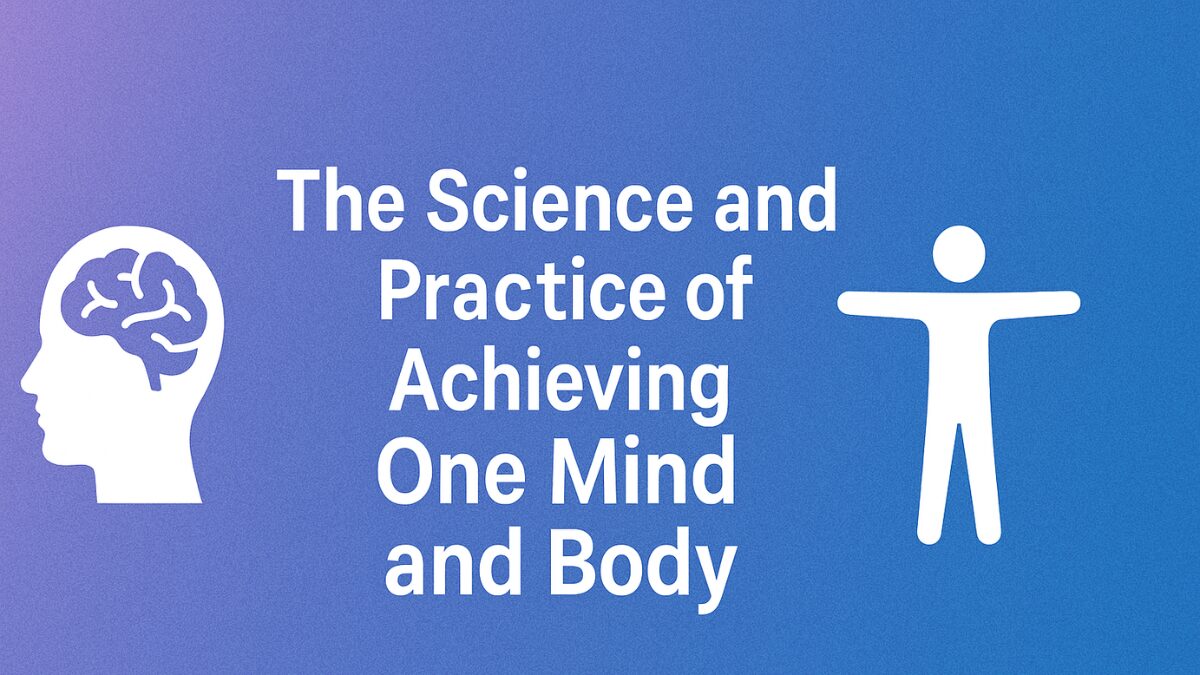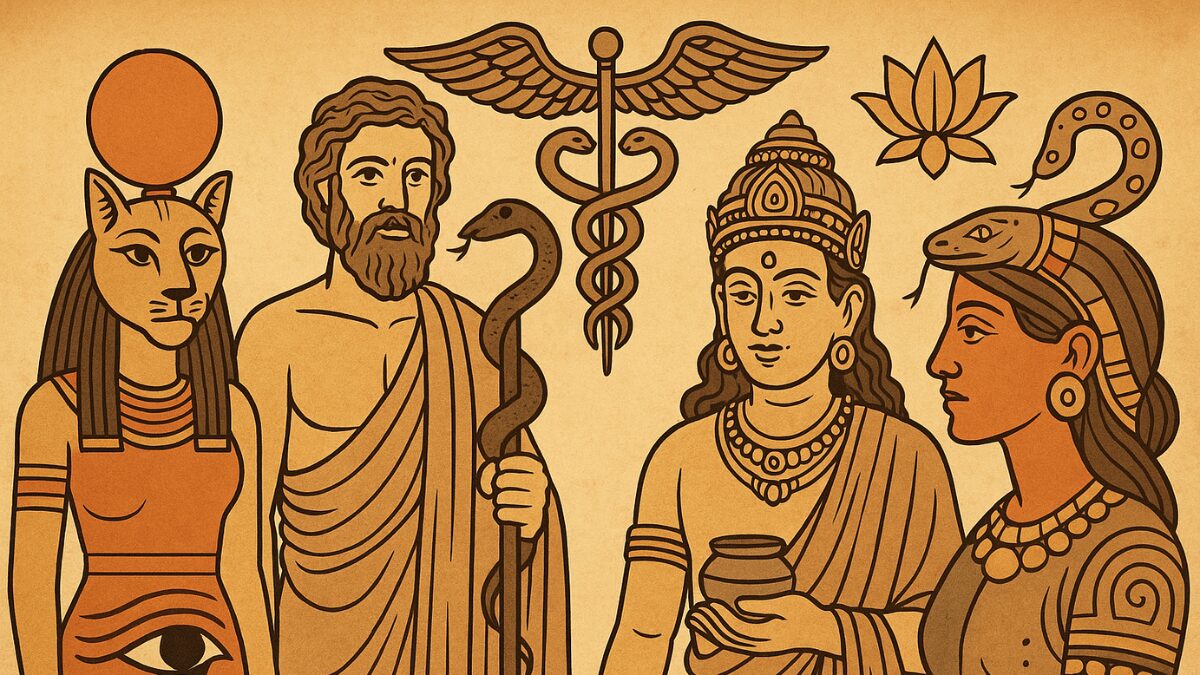Dive into the complexities of ethical dilemmas with real-world examples from philosophy and today’s society. Understand key concepts, real-life scenarios, and modern moral challenges.
also read: https://www.comfortglobalhealths.com/classical-and-contemporary-questions-in-philosophy/
Introduction: Why Ethical Dilemmas Matter in Everyday Life
Ethical dilemmas are conflicts between two or more morally acceptable actions, where choosing one results in transgressing another. They have existed throughout human history, yet their presence is even more significant today due to globalized societies, technological advances, and complex decision-making in modern professions. Understanding ethical dilemmas helps us navigate personal, professional, and societal choices with greater awareness and responsibility.

In this guide, we’ll be exploring ethical dilemmas: examples from philosophy and modern challenges, unpacking how ancient thinkers and contemporary scenarios intersect in today’s world.
What Are Ethical Dilemmas?
Ethical dilemmas arise when individuals must make a difficult decision involving conflicting moral principles. These conflicts are not easily resolved and often involve choosing the lesser of two evils, or deciding between two “right” actions that lead to morally significant outcomes.
For instance, consider the classic question: Should you lie to protect someone’s feelings? Telling the truth upholds honesty, but protecting someone’s emotional well-being supports compassion.
The Philosophical Foundations of Ethical Dilemmas
Ethical theory provides frameworks that help us analyze moral problems. These frameworks include:
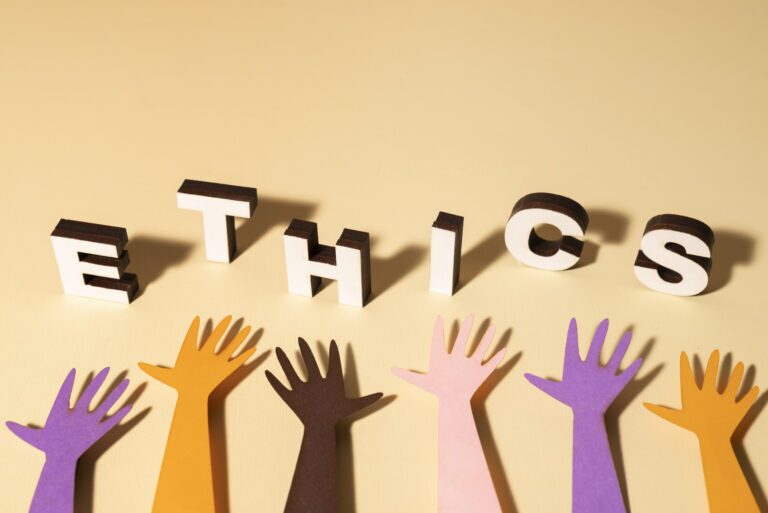
1. Utilitarianism
Founded by Jeremy Bentham and John Stuart Mill, utilitarianism evaluates actions based on their outcomes. The morally right choice is the one that produces the greatest happiness for the greatest number.
2. Deontology
Immanuel Kant’s deontological ethics focus on the action itself rather than the consequences. Lying is always wrong—even if it results in a good outcome—because it violates a universal moral duty.
3. Virtue Ethics
Aristotle’s virtue ethics emphasize character over rules or consequences. The ethical action is what a virtuous person would do in the same circumstances, guided by traits like honesty, courage, and empathy.
Exploring Ethical Dilemmas: Examples from Philosophy
The Trolley Problem
A runaway trolley is heading toward five people tied to a track. You can pull a lever to divert it onto another track, killing one person instead. Do you act or not?

This dilemma explores the tension between utilitarianism (save the most lives) and deontology (do not intentionally harm).
Plato’s Ring of Gyges
In The Republic, Plato poses a scenario where a man finds a ring that makes him invisible. If he could act unjustly without consequences, would he still be moral?
This highlights the ethical question of whether morality is upheld for its own sake or to avoid punishment.
Ethical Dilemmas in Modern Life
Ethical dilemmas are no longer confined to philosophical debates. They play out in healthcare, technology, business, and personal relationships.
1. Medical Ethics: Life Support Decisions
Doctors and families often face the heart-wrenching choice of whether to continue life support for a patient with no chance of recovery. Here, principles of autonomy, quality of life, and the sanctity of life come into direct conflict.
2. AI and Data Privacy
Tech companies gather vast amounts of personal data. The ethical dilemma: Should they use this data to improve user experience (and profits), even if it compromises individual privacy?
3. Whistleblowing in the Workplace
Employees might witness unethical practices like fraud or discrimination. Should they report it and risk losing their job, or stay silent and protect themselves?
4. Climate Change and Responsibility
Developed nations contribute more to climate change, yet developing countries suffer disproportionately. How should responsibility be distributed fairly?
Table: Ethical Dilemma Examples Across Sectors
| Sector | Ethical Dilemma Example | Moral Conflict |
|---|---|---|
| Healthcare | Euthanasia and Assisted Suicide | Autonomy vs. Sanctity of Life |
| Technology | Social Media Algorithms Manipulating Emotions | Freedom of Choice vs. Manipulative Design |
| Business | Sweatshop Labor | Economic Growth vs. Workers’ Rights |
| Law Enforcement | Racial Profiling in Policing | Public Safety vs. Equality & Fairness |
| Journalism | Publishing Sensitive Information | Public Right to Know vs. National Security |
The Role of Culture and Society in Ethical Decision-Making
Culture deeply influences what is considered moral or immoral. In some societies, individual rights are emphasized, while in others, community values take precedence. What may be seen as ethical in one culture could be deemed unethical in another.
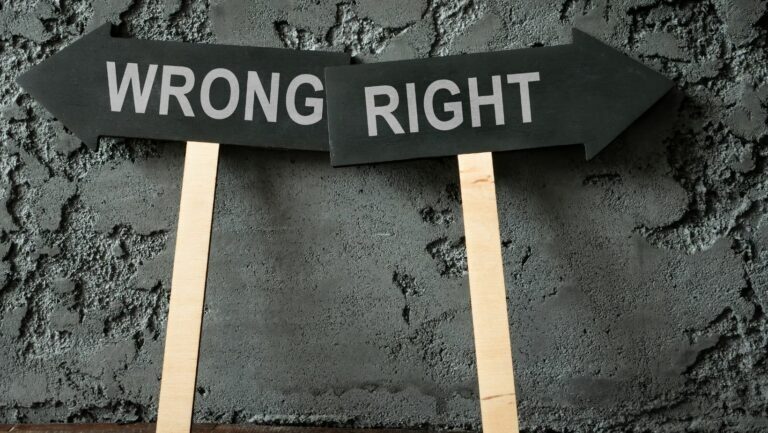
For instance, in Western societies, euthanasia may be viewed as a personal right. In more collectivist cultures, it might be rejected in favor of family or religious values.
Globalization further complicates this by forcing societies to reconcile these diverse ethical standards.
How to Approach Ethical Dilemmas Thoughtfully
To tackle ethical dilemmas, one must go beyond instinct and apply structured reasoning. Here’s a simple decision-making framework:
Step 1: Identify the Ethical Issue
Clearly outline what is at stake and which principles are in conflict.
Step 2: Gather All Relevant Information
Who is affected? What are the short- and long-term consequences?
Step 3: Evaluate Using Ethical Theories
Compare what each major ethical framework would recommend.
Step 4: Consider Alternatives
Are there options that might reduce harm while upholding core values?
Step 5: Make a Justifiable Decision
Choose the course of action that best aligns with your principles and values.
Real-World Ethical Challenges and Current Events
Let’s take a look at how recent issues reflect ethical dilemmas:
- Vaccination Mandates: Public health vs. personal freedom
- Deepfakes in Media: Creative expression vs. misinformation
- AI in Hiring: Efficiency vs. potential algorithmic bias
- Resource Allocation During Disasters: Who gets aid first and why?
These examples show that exploring ethical dilemmas: examples from philosophy and modern challenges is not only theoretical but critically relevant.
FAQs About Ethical Dilemmas
1. What makes an ethical dilemma different from a legal issue?
Ethical dilemmas involve moral values, whereas legal issues deal with codified laws. Something legal might still be unethical, and vice versa.
2. Can children experience ethical dilemmas?
Yes. Even children face simple moral decisions like sharing, telling the truth, or helping others at a cost to themselves.
3. How do businesses benefit from addressing ethical dilemmas?
Ethical business practices build consumer trust, employee satisfaction, and long-term sustainability.
4. Is neutrality possible in ethical dilemmas?
Often, choosing to stay neutral is a choice in itself, which can have moral consequences.
5. How do religious beliefs influence ethical dilemmas?
Religious teachings often shape how individuals interpret right and wrong, guiding their responses to ethical challenges.
6. Are there ethical dilemmas with no solution?
Some dilemmas may have no ideal solution, only less harmful outcomes. Moral residue often remains after such decisions.
7. How are ethical dilemmas taught in schools?
Through discussions, role-playing, and debates that challenge students to apply critical thinking and moral reasoning.
8. Can AI help in solving ethical dilemmas?
AI can aid by presenting data-driven outcomes, but moral judgment still requires human oversight and compassion.
9. Do cultural norms override ethical principles?
Cultural norms influence ethical views, but core human rights and dignity are often upheld across cultures.
10. How do ethical dilemmas impact mental health?
Making tough moral decisions can lead to stress, anxiety, and regret—especially when outcomes are unfavorable.
Conclusion: Embracing Complexity in Ethical Thinking
In a rapidly evolving world, the importance of exploring ethical dilemmas: examples from philosophy and modern challenges cannot be overstated. From ancient philosophical puzzles to AI and climate change, these dilemmas demand thoughtful reflection and informed action. By understanding the underlying theories, applying structured decision-making, and considering the human impact, we can navigate ethical conflicts more wisely and compassionately.
Ethical dilemmas don’t always have clear answers—but asking the right questions is where moral growth begins.
also read:https://www.comfortglobalhealths.com/a-comprehensive-guide-to-ethical-theories-throughout-history/




